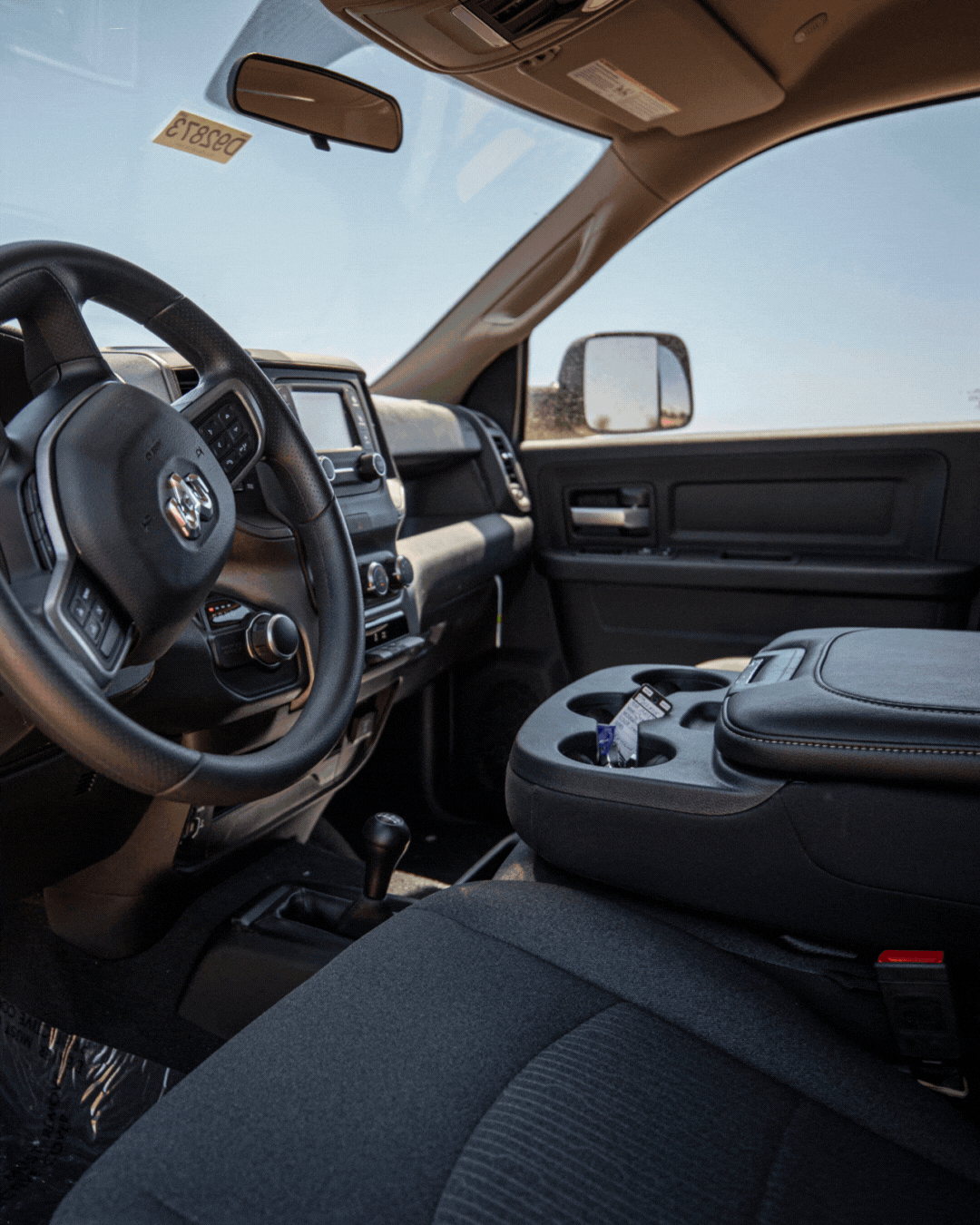THE CRC
CONFLICT REDUCTION
WHAT THE CRC IS ALL ABOUT
MISSION
To reduce human-wildlife conflict and its impacts while supporting working landscapes that provide both economic viability and wildlife habitat.
WHAT THE CRC IS LOOKING FOR
VISION
We envision landscapes where people, livestock, and wildlife all thrive, where effective management practices reduce conflicts, and economic solutions support resilient, biodiverse working lands.
Recommending
Our collectively held positions
Recommending
These statements, positions, or policies have the support of a representative majority of member operations and organizations of the CRC. Please see the named supporters listed at the end of each recommendation.
Doing Together
Moving ahead as a group
Doing Together
Ideas shared here reflect efforts we’re pursuing and insights we’re gaining. CRC members broadly agree these are ideas worth sharing even if they might have different approaches or beliefs.
Working Through
The conversation continues on these important issues
Working Through
The CRC coordinates a process focused on shared learning, being respectful, building trust, and reaching consensus.
Conflict Reduction Resources App
A mobile and web app with all the trustworthy information you need to avoid and resolve wildlife conflicts on your ranch, including phone numbers for local agency offices, MT CRC contacts, practice guides and more. Download for free.
We reduce conflicts not only between people and wildlife, but also between people and organizations, by building mutual understanding and trust through increased communication and coordination.
How We Work
Guiding Principles
- Interconnection: The economic viability of working lands is an important part of maintaining a landscape that supports wildlife.
- Learning Together: The true heart and value of the Conflict Reduction Consortium (CRC) is in collaborative learning among diverse stakeholders. All other work of the CRC should reflect and support the shared value of collaborative learning. Subcommittees regularly share information between their groups to extend the learning and improve upon ideas.
- Ideas Worth Sharing: Learning that happens as a part of the CRC will produce ideas that are worth sharing beyond the CRC membership. Learning and ideas may lead to recommendations for management practices and/or recommendations for decision-makers (shaping public policy) that support CRC’s vision. The CRC may develop/advocate for recommendations that promote voluntary conservation measures that enable people, livestock, and wildlife to thrive.
- Action: To achieve its mission and vision, CRC members agree to apply their learning, to create change. The CRC will focus action on core issues with high levels of agreement. Where topics do not yet have high levels of agreement, the CRC may create informative publications to provide diverse CRC perspectives, advance conflict reduction efforts, and inform decisions.
- Good Faith: The strength of the CRC depends on members working through conflict with mutual respect and in good faith. Whenever possible, members should strive to create shared understanding and mutual support both within and beyond CRC structured engagements.
- Persistence through Imperfection: In spite of stakeholders’ best efforts, individuals and organizations may not always be able to publicly sign off on or agree to some ideas or proposals. Thoughtful deliberation and revision of ideas will promote shared learning, even when solutions are imperfect or unanimous agreement cannot be achieved. Additionally, within agencies and organizations, individuals may not hold complete decision-making authority or determine the direction of their agency/organization. In these cases, CRC members are encouraged to share the learning they have gained through the CRC with their colleagues and broader organizations on a timely basis.
Who is involved?
The Western Landowners Alliance (WLA) serves as a “backbone” organization in support of the CRC. That means we convene and support consortium and subcommittee meetings, coordinate the CRC's external communications, and lead fundraising to support CRC priorities and ongoing collaboration. Both individuals and organizations participate in a variety of capacities in the CRC.
Members of the CRC include (in alphabetical order):
Brian Bean, Lava Lake Land & Livestock, LLC and Lava Lake Institute for Science & Conservation
Jared Beaver
Jeff Bectell, Waterton Biosphere Reserve Association
Sabrina Bradford
Bradley Ranch - Valier, Montana
Gary Burnett, Heart of the Rockies Initiative
Chris Colligan, Greater Yellowstone Coalition
Rick Danvir, Basin Wildlife Consulting
Erin Edge, Defenders of Wildlife
Kurt Holtzen, Lava Lake Lamb
Matthew Hyde, Center for Human Carnivore Coexistence - Colorado State University
Hannah Jaicks
Robin F Knox, Colorado Wildlife Federation
Kyran Kunkel, Conservation Science Collaborative
Kent Laudon, California Dept. of Fish and Wildlife
Madison Valley Ranchlands Group
Yvonne Martinell, Centennial Valley Association
Cole Mannix, Mannix LLC
Bob McCready, National Wildlife Federation
Sarah Michael, Wood River Wolf Project
Abby Nelson
Rae Nickerson, Utah State University
Northeast Washington Wolf-Cattle Collaborative
Linda Owens, Madison Valley Ranchlands Group
Serda Ozbenian, Defenders of Wildlife
Sam Ryerson, Grass Nomads LLC
John Sanderson, Center for Collaborative Conservation
Avery Shawler, University of California - Berkeley
Jay Shepherd, Northeast Washington Wolf-Cattle Collaborative
Lawrence Schoen, Napuisunaih Ranch & Wood River Wolf Project
Karin Vardaman, Working Circle
Western Landowners Alliance
JOIN IN
Are you working to reduce conflicts between people and wildlife?
If you're looking for partners who are serious about collaboration and the hard work it takes to overcome real differences of opinion and deeply-held beliefs to find durable solutions, look no further. Reach out and we'll be in touch.
©2026 Western Landowners Alliance • PO BOX 27798, Denver, CO 80227 • 505.466.1495
Western Landowners Alliance is a 501 (c)(3) non-profit recognized by the IRS.
Tax ID: 46-1346488
